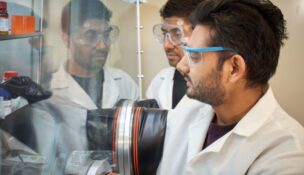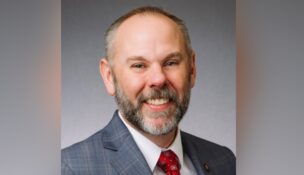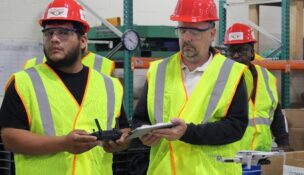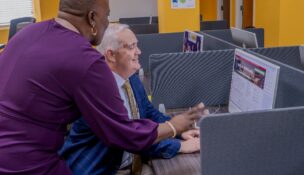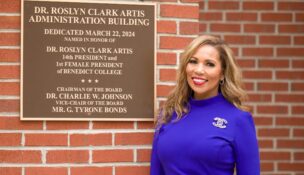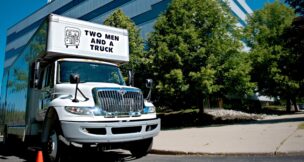S.C.’s teacher shortage hits special education hard
Staff //April 1, 2019//
South Carolina has a teacher shortage. And in no area is that shortage more apparent than in special education.
Of all the teacher positions that went unfilled across the state last year, 17% of them were in special education, accounting for more than 105 jobs, according to the Center for Educator Recruitment, Retention, and Advancement’s S.C. Annual Educator Supply and Demand Report. About 100 jobs in special education went unfilled in the 2017-18 school year.
There were nearly 5,400 certified special education teaching positions in South Carolina in the 2018-19 school year, according to CERRA, with the majority in elementary schools.
University of South Carolina assistant professor Kate Ascetta specializes in early childhood special education, and she said the key to filling those vacant jobs and keeping existing special education teachers lies in preparation and continuing support in a particularly challenging education role.
“There’s a high teacher turnover rate, and the difficulties lie in recruiting and retaining those teachers,” Ascetta said. “Special education tends to have a shorter, faster burnout rate in South Carolina and nationally.
“In special education, you’re often asking our teachers to work just as hard as general education teachers, but they’re also working on individualized education for students.”
This could include tasks as basic as helping students learn to eat and speak — taking a child from a vocabulary of 14 words to more than 500 in a few months. Or it could mean helping a student learn how to interact with others or manage his or her emotions.
“These are things that are not always required of general education teachers,” Ascetta said. “The students’ needs can be more demanding, and you’re also held to more legal standards. And we tend to see a much higher rate of challenging behavior that can take a toll on teachers’ ability to cope and manage their classrooms.”
Ascetta is helping launch the USC College of Education’s new special education program, featuring a series of six online courses for early childhood undergraduate students as well as existing teachers that lead to a certification.
Previously, special education courses were taught only at the master’s degree level at USC, Ascetta said.
Addressing the shortage of special education teachers and retaining existing educators starts with identifying and supporting students intent on becoming teachers, she said.
“Are those teachers-in-training getting the content they need to handle a diverse set of learners once they reach the classroom? And once they’re in the classroom, do they have access to high-quality, evidence-based training and resources to sustain that ongoing profession?” Ascetta said.
“These teachers will continue to need support, to feel like they’re part of a community.”
Teachers in training to become special education instructors need help with classroom management, such as setting behavioral expectations, Ascetta said.
“There’s often an assumption that the students know a lot more about behavior than they actually do,” Ascetta said. “So teachers often need help with things like helping students learn to cope when frustrated or other emotional regulation, or how to engage with families so they feel genuinely a part of their child’s education and they feel welcome and included in the classroom.”
Classroom management can continue to be a challenge for teachers once they’ve settled at a school.
“Kids continue to change what they bring to the classroom each year, so it will continue to be difficult,” Ascetta saId. “You’re teaching a curriculum, but you’re also helping with social and emotional development and teaching them to be receptive to learning.”
Special educators must be specifically trained to help shape their students and prepare them for the world, Ascetta said.
“All of those kids in those classrooms are going to be citizens in our community, and one of the most democratic ways to support our community is through good education systems,” she said. “Supporting teachers in their work leads to an overall benefit for the community, because if they’re supported and engaged in their work, then the kids will learn and do great things in their community, keeping the cycle going.”
Special education also provides opportunities to aspiring teachers, Ascetta said, who also benefit from strong partnerships with schools.
“Special education gives you freedom as a teacher to look more individually at each child and make a deep connection with them and their family,” she said. “What does this kid need to learn, and how can I meet them where they are and help them grow? That’s an exciting and powerful thing, to be a part of someone learning in that way.”






